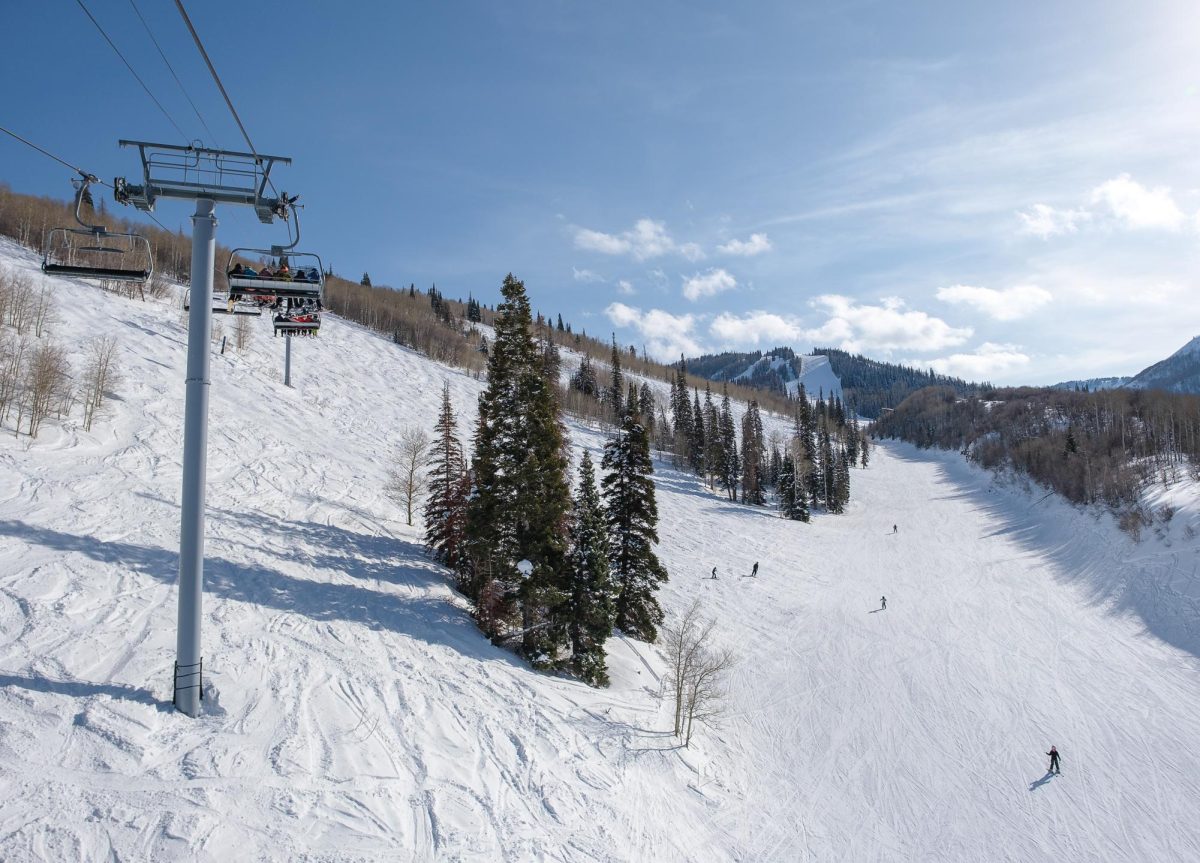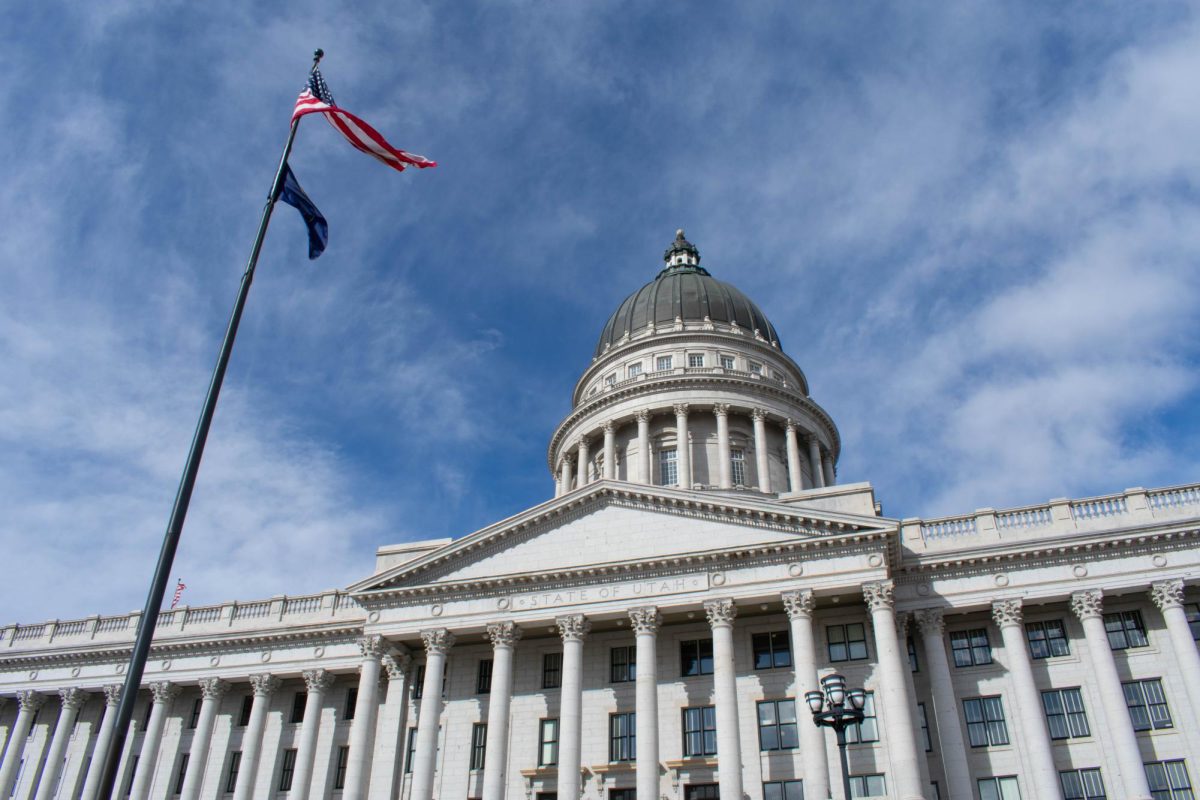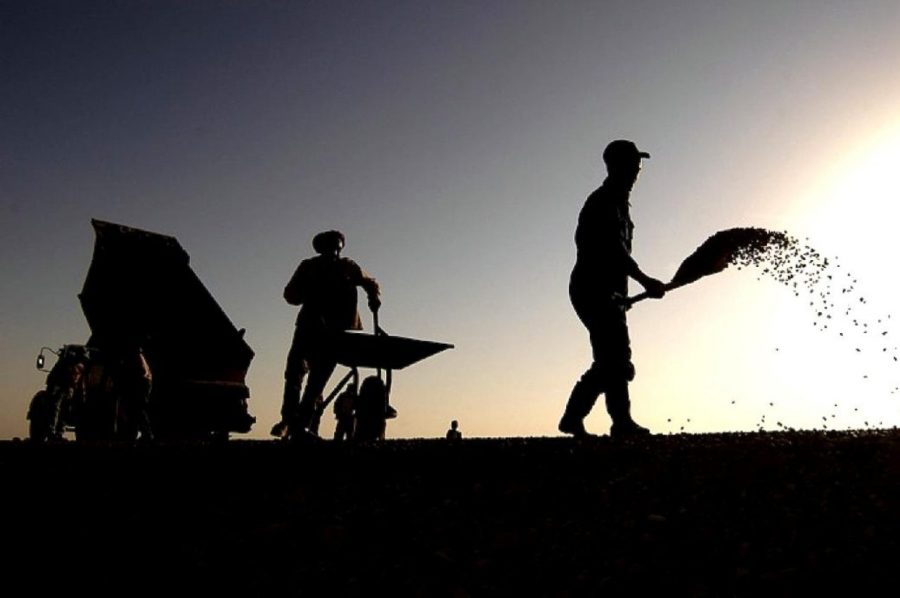America is not only one of the most advanced country on earth, it is also one of the largest — both geographically and in population. With that fact comes a responsibility. To keep everything flowing and everyone fed requires a large and complicated network of roads, rails, pipelines, reservoirs, dams and more. These are all things that we haven’t been maintaining as well as we need to. The American Society of Civil Engineers only gives our infrastructure a grade of D+. Not hard to see why when in the eight years between 2005 and 2013, 173 different dams failed in the United States. Luckily, Oroville Dam, the tallest dam in the nation (even taller than the Hoover Dam), did not meet the same fate. The collapse of its emergency spillway could have displaced or killed tens of thousands of people downstream, which is what we witnessed earlier this year when the dam began to fail and local Northern California residents were forced to evacuate. After experiencing such vast failures in infrastructure, people are now working around the clock to make upgrades and repairs to the Oroville Dam to prepare for future storms and weathering, as well as to keep people safe These people ought to be appreciated for their hard work, but it also shows us a glaring problem in the status quo.
America has got itself into a tricky situation with infrastructure. The Oroville Dam crisis highlighted the fact that 12 years ago California was specifically lobbied to add a concrete plating to the spillway, which was never done. The lack of this addition is exactly what led to concerns about the dams failure during recent storms. All too often we only fix these problems in reaction to catastrophic circumstances, not beforehand. We can’t be reactionary when it comes to infrastructure. Not only is it bad for the economy, but it puts peoples’ lives in danger.
While America leads the world in technology, entertainment and medicine, we’ve entered a half-century long decline when it comes to engineering and low-level infrastructure. What does this mean? It means that while we have Google Fiber and are thinking about building a hyperloop, we have roads, bridges and dams that were primarily built in the ‘50s and ‘60s that are falling apart and overdue for an upgrade. The average age of our dams nationwide is 56 years. The average age of a failed dam is 62 years. On the face of things it’s not bad to be excited about investments in things like the hyperloop and other futuristic technology. It’s not bad to have a certain focus on the trendy high-tech of the day. It inspires people and gets us all moving in a certain direction and into the innovative spirit. When we focus too much on the trendy and neglect our basic infrastructure it becomes a problem.
It all stems from a reduced cognizance of our infrastructure and of basic human needs. We are a nation of plenty. Most of us don’t lack in food, water, or even in cars. They’re just the aspects of American life taken for granted. Social media and a culture of entertainment only further caters to short attention spans and allows us to avoid these fundamental aspects of life. Why think about infrastructure when I can think about these awesome new apps and iPhone upgrades? We’re disconnected from the tangible foundations of this country. It’s incredible that we live in a time and a culture where our concerns are so superficial, but it’s also incredibly dangerous if we don’t educate people on the fundamental aspects of civilization required to sustain our modern lifestyles.
The willful disregard of infrastructure and of the people who perform those quintessential tasks — like farming, civil engineering and construction — has terrible consequences. The Oroville Dam crisis was one of them. California is a state that has two very different characters. There is the coast where people tend to live a more posh lifestyle, where society is focused on pop culture. There is also the inland area of California which is home to vast farms, ranches and small towns. These are people whose lives operate more on those fundamental frequencies, who have to deal with the problems of the environment and who have to deal with the Oroville Dam. These are the people who are face to face with the infrastructure that keeps it all running. The gap in mindsets could have been deadly for these people. For 12 years, instead of upgrading the Oroville Dam, the people on the coast who control the state thought ‘why should I care about concrete on some spillway out in the back country.’ Absorbed in their own lifestyles, they forgot about those people who make it all possible at a fundamental level. They forgot that for some, life isn’t so superficial because they have to deal with the complications of an aging infrastructure firsthand.
This is only going to become worse as our engineering sector declines. While the Bureau of Labor Statistics puts job growth for civil engineers at roughly average, overall growth for the entire engineering sector is below average. There has also been a lot of talk about how certain engineering industries are being offshored. Civil engineering, in particular, is vulnerable, at least on some scale, because who wouldn’t want to use cheap labor for some of the most expensive objects that humans can build? Why should young people pursue civil engineering if our country and the government aren’t going to support it and instead ship the workload overseas? As a consequence we’ll end up with fewer people to engineer the America of tomorrow and fewer people to come to the rescue when situations like the Oroville Dam crisis do occur.
We can’t afford that mindset. Not if we want to stay a superpower. Not if we want to keep being a society that gets to live the high life, that gets to lead the world in culture, cool technology and awesome entertainment. There’s been no other time when infrastructure has been more important. As the population grows, as droughts become more common, our infrastructure needs to have the capacity to store more water than we may think it should. It needs to have the capacity to handle more commerce and more transport than it has. It needs to have the capacity to handle an expanding population and the terrors that nature throws at it. Because there will be times when all of these things are put to the test.






















